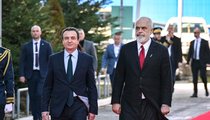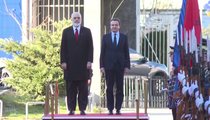Who are the candidates for prime minister?

The campaign for the May 11 elections has brought a combination of well-known figures over the years, as well as new actors who aim to offer alternatives to the existing model of governance. This diverse presence of political actors reflects a new dynamic, where the clash of ideas and visions for the country's future will play an important role in shaping the citizens' vote.
Edi Rama – A leader seeking a fourth term
Edi Rama, currently in his third term as prime minister, continues to be one of the most important figures in Albanian politics. Although he faces criticism for his long rule and issues related to corruption, the lack of deep reforms and the mass exodus of citizens, he still maintains a strong electoral base and high support within the Socialist Party structures.
Rama has positioned himself as a leader who offers stability and continuity, especially on issues related to European integration and foreign investment. However, if he wins a fourth term, he will face major challenges in regaining the trust of voters.
Sali Berisha – The return of a historical figure with strong support
Former Prime Minister and President Sali Berisha has made a sensational return to politics, leading the Democratic Party and the “Greater Albania” Alliance in the May 11 elections. Despite the major problems the Democratic Party has had in recent years, Berisha has managed to unite it and enjoys a large base of supporters, both in the electorate and within the traditional structures of the DP.
He has declared his intention to remove Rama from power and restore the "rule of law" as he has often called it in his public appearances. His supporters see him as a strong, experienced leader ready to confront the "corrupt regime", while critics consider his return a step back for Albania and for democracy in the country.
Agron Shehaj – An opposition figure with an economic profile
Agron Shehaj, former MP of the Democratic Party and founder of the “Mundësia” party, represents a different model of politician in Albania. With a strong economic profile and experience in entrepreneurship, he aims to present himself as a modern alternative to the traditional political class.
Shehaj has emphasized that Albania needs a reorientation towards meritocracy, support for small and medium-sized businesses, and punishment of corruption. His campaigns are characterized by a constructive tone and a clear distance from internal party debates, attracting the attention of a part of the middle class and disillusioned voters.
Adriatik Lapaj – Voice of the Citizens
Adriatik Lapaj, lawyer and founder of the “Albania Becomes” movement, is one of the names that is rapidly rising on the public scene. With a clear civic and non-partisan profile in origin, Lapaj is seen as a spokesman for those seeking a deep reform of the political system.
His movement focuses on issues such as transparency, functional justice, punishing corruption, and education reform. Unlike traditional parties, “Albania Becomes” is trying to build its structures from the bottom up, through the active involvement of citizens. If it manages to maintain this spirit, Lapaj could become one of the determining factors in the elections.
“Albania Becomes” has entered into a coalition with “Nisma Thurje”, a political organization known for its engagement on issues of transparency, citizen referendums and electoral reform. Nisma Thurje is led by Endri Shabani, another figure of a new political profile, who has contributed to several important initiatives for the inclusion of citizens in decision-making.
This collaboration aims to unite the energies and experiences of two civic and institutionally oriented movements, offering a new alternative to the traditional political class.
The main topics they support are punishing corruption, the real functioning of justice, reforming public administration, and increasing the role of citizens in democracy.
Arlind Qori – Radical Left Alternative
Arlind Qori, a lecturer and leader of the “Together Movement,” represents the far left wing of the political spectrum in Albania. With a strong emphasis on social justice, Qori and his movement have focused on topics such as public health, workers’ rights, and equality in education.
While the electoral impact of this movement has yet to be tested on a large scale, their active involvement in student and social protests has given them a significant place in the public discourse. Qori presents a vision for a more just and equal state, challenging both the current government and the opposition.
The growing presence of new figures is a clear indication of a society on the move, where the demand for new political alternatives has become stronger than ever. Although the path to power for them is difficult and fraught with many structural obstacles, their involvement has enlivened public debate and increased pressure on the traditional political class.
Despite all this, the election campaign and the May 11 elections in Albania are more dynamic and richer in alternatives. The race for prime minister remains open, with old figures seeking to maintain power and new names seeking to challenge the system.
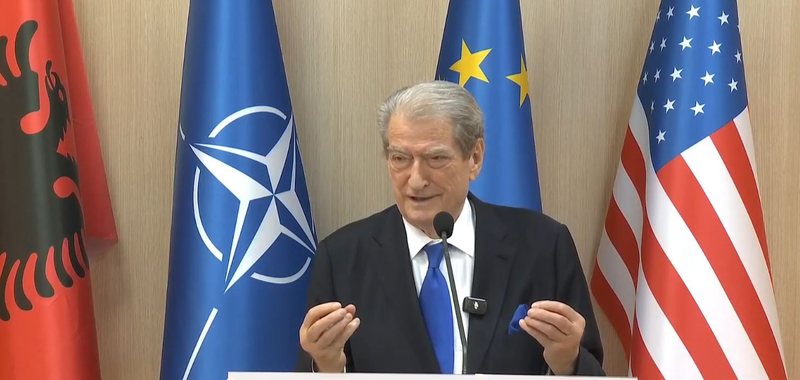
The Chairman of the Democratic Party, Sali Berisha, statement to the media!
The Chairman of the Democratic Party, Sali Berisha, statement to the media: All citizens who voted have fulfilled a major obligation to their family,......
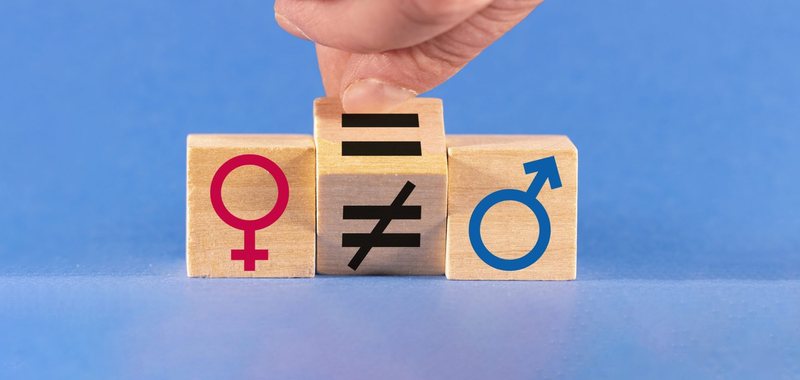
Gender equality and elections in Albania!
Since 2008, Albanian legislation guarantees at least 30 percent representation of the underrepresented gender in political and public decision-making......
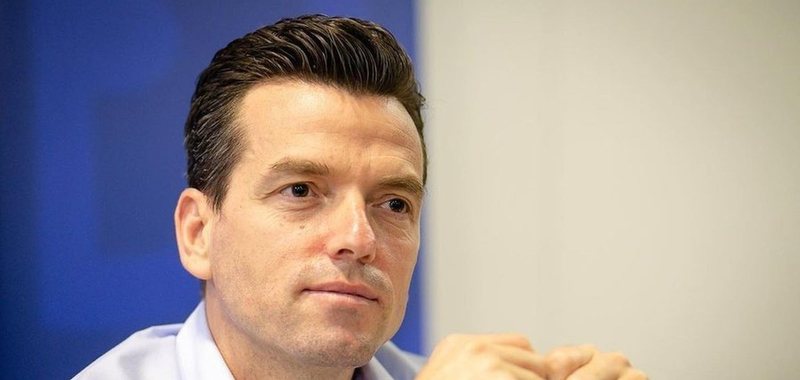
Agron Shehaj votes: Today the voice of the people is heard, vote for change
The Chairman of the Opportunity Party, Agron Shehaj, exercised his right to vote this morning, conveying a message to all citizens. Accompanied by his......

The financial aspects of the election campaign!
The financial aspects of the election campaign are regulated by the Electoral Code and the Law on Political Parties. The latter also regulates general......

Celibashi: So far 185,679 envelopes from the diaspora, expected to reach 200 thousand
The Chairman of the Central Election Commission, Ilirjan Celibashi, has revealed some data regarding the diaspora voting process. He announced in a statement......

Voting/Turnout as of 10 a.m., 13.54% - Lower than in the 2021 parliamentary elections
13.54% of eligible voters have gone to the polls by 10:00 am on Sunday. Official data from the Central Election Commission shows that 1983 Voting Centers......
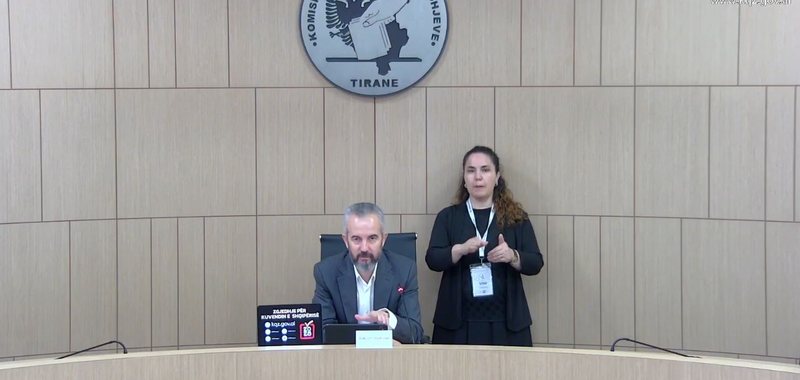
Celibashi reacts to the voting process so far!
Ilirjan Celibashi: "At this moment, no voting center is unopened or blocked. 8% of the VCs opened late, between 7:00 - 8:00. In 5%, not all members were......
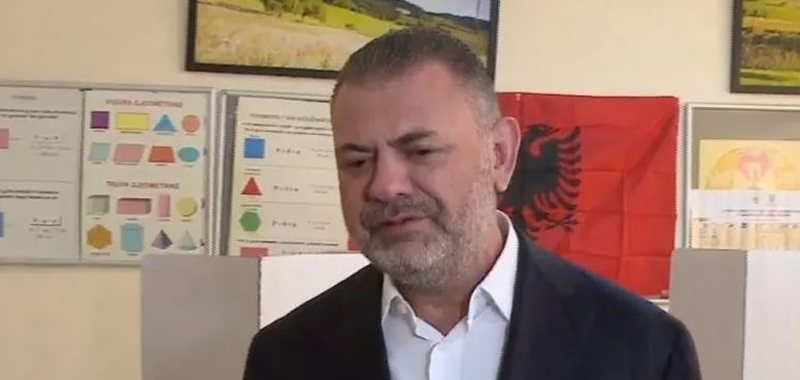
Doshi after the vote: PSD's result will be a surprise, I will not form a coalition with Berisha
A few minutes ago, the leader of the Social Democratic Party, Tom Doshi, exercised his right to vote. The Social Democratic leader stated that this is a very......






